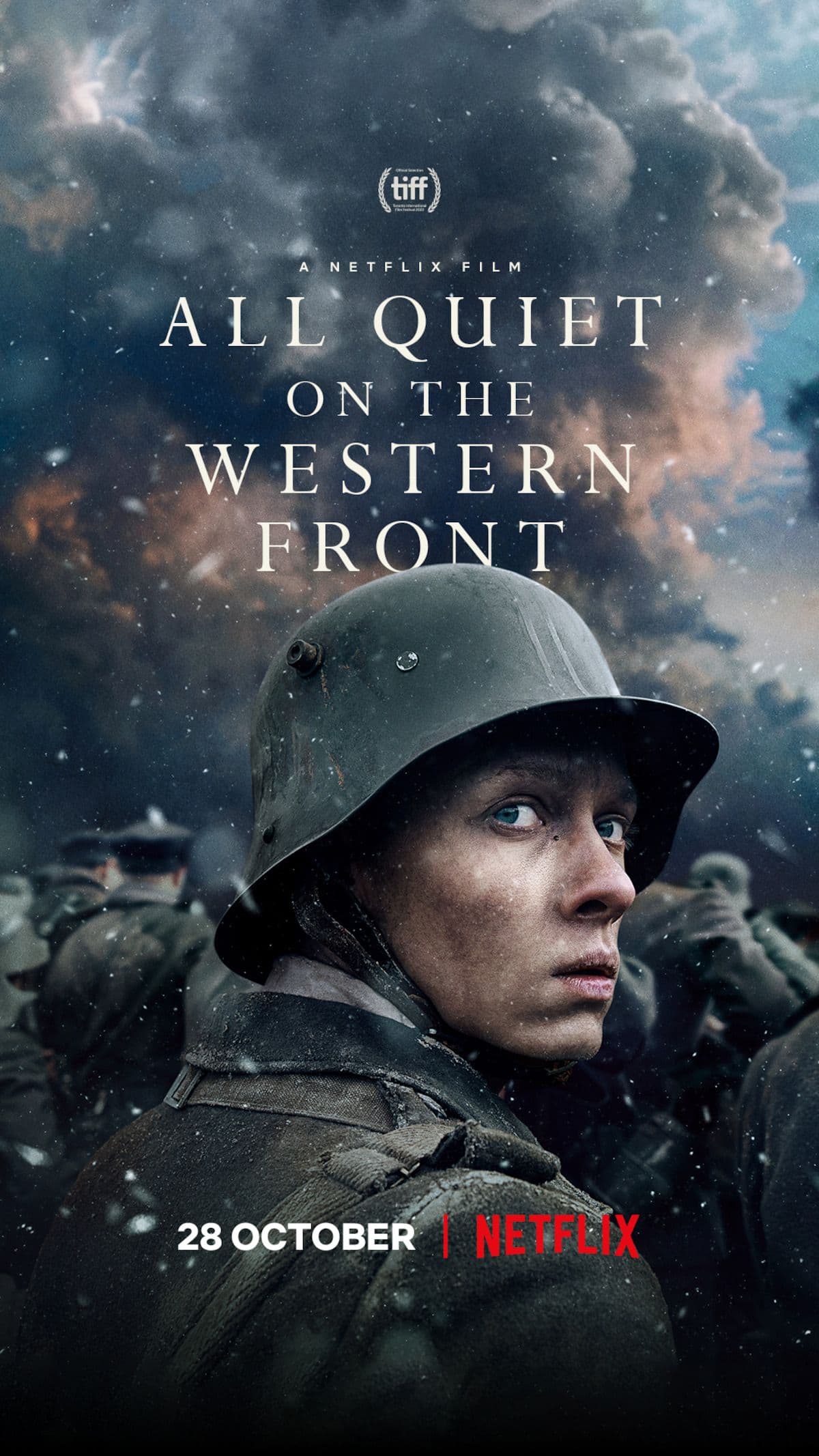
All Quiet on the Western Front
2022
Rate this movie
Average: 4.00 / 5
(2 votes)
Director
For the first time, the original film and its remake have both entered the Canon. It is certain that no one could remain indifferent to this magnificent, punishing work by Edward Berger, based on the novel of the same name by Remarque, produced by Netflix and released for the first time directly on the digital streaming platform. This is perhaps the greatest and most significant paradox of this film: a visually monumental epic, conceived for the grandeur of the big screen, which has found its consecration in the living room, a testament to the genetic mutation of contemporary film viewing.
The film is striking for its meticulous set design, brought to life by a director who embraces the field of vision, flattening men and things on the same obsessive palette in a sort of vacuous, desperate gaze. The gray of the battles and the brown of the trenches become a chromatic ontology with which Berger builds his world of human despair and an increasingly faded instinct for survival. This is not just a stylistic choice, it is a philosophical statement. Berger immerses us in a hellish landscape where the distinction between earth and flesh, between mud and man, is almost nullified. The soldiers are not heroes, they are golems of fear and wet earth. The brilliant and chilling opening sequence, which follows the life cycle of a uniform—ripped from a corpse, washed, mended, and handed over to a new, unsuspecting recruit—is the perfect metaphor for the industrial cycle of death, where men are expendable, interchangeable, and anonymous.
The story follows a group of friends, led by the young Paul Bäumer, who, with almost feverish patriotic enthusiasm, whipped up by the nationalist rhetoric of their headmaster, embark on the Great War that was looming over Europe in 1917. Their romantic idealism, made up of dreams of glory and parades in Paris, is shattered by the first deafening explosion of an artillery shell. From that moment on, theirs is no longer a war, but a struggle for animal survival.
Lewis Milestone's 1930 masterpiece, filmed in the aftermath of the trauma, was a moral cry, an indictment of the generation of fathers who had sent their sons to slaughter. Berger's film, backed by almost a century of historical reflection, accomplishes a more complex task. It adds a narrative thread absent from the novel: the armistice negotiations conducted by politician Matthias Erzberger (a measured Daniel Brühl). This choice creates a heart-rending dialectic between the microcosm of the trenches, where men die to gain a few meters of mud, and the macrocosm of politics, where arrogant generals and bureaucrats discuss honor and capitulation in the heat of a railway carriage. The final sequence, in which a German general, in a delirium of pride, orders a last, senseless assault fifteen minutes before the end of the war, is the final stab in the back. People no longer die for their country, they die for the ego of a man who cannot accept defeat. The 1930 film denounced the madness of war; the 2022 film dissects its cynical, murderous bureaucracy.
Berger performs a fundamental counter-aesthetic operation for German cinema. For decades, the imagery of war has been polluted, consciously or unconsciously, by the triumphalist and deifying aesthetics of Leni Riefenstahl, who in her Triumph of the Will transformed the bodies of soldiers into perfect sculptures, part of a mass ornamentation. Berger does the exact opposite. The bodies in his film are slaughtered, broken, anonymous flesh. The camera never heroizes them; it observes them with a cold, almost clinical pity. If an artistic parallel is to be found, it is not in cinema, but in the painting of the “New Objectivity” of the Weimar Republic. Berger's shots look like Otto Dix or George Grosz paintings come to life: disfigured faces, devastated landscapes, the grotesque dance of death of a lost generation. It is an aesthetic of ugliness and trauma that rejects any form of visual consolation.
We must remember who Erich Maria Remarque was: a veteran of the Western Front who wrote a novel so powerful and honest that it was immediately banned and burned by the Nazis. His book was poison for their militaristic rhetoric because it dared to tell the truth: war does not forge heroes, it destroys souls. Berger's film is very faithful to this core theme.
Main Actors
Genres
Country
Gallery
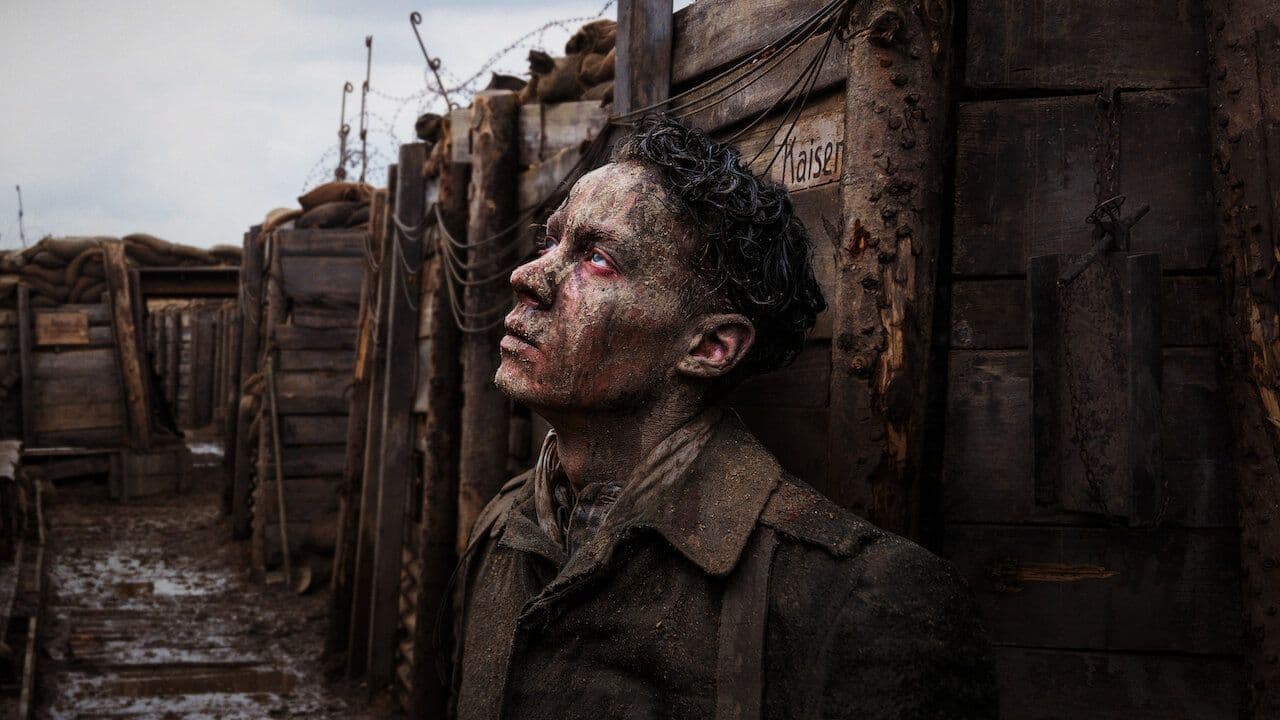
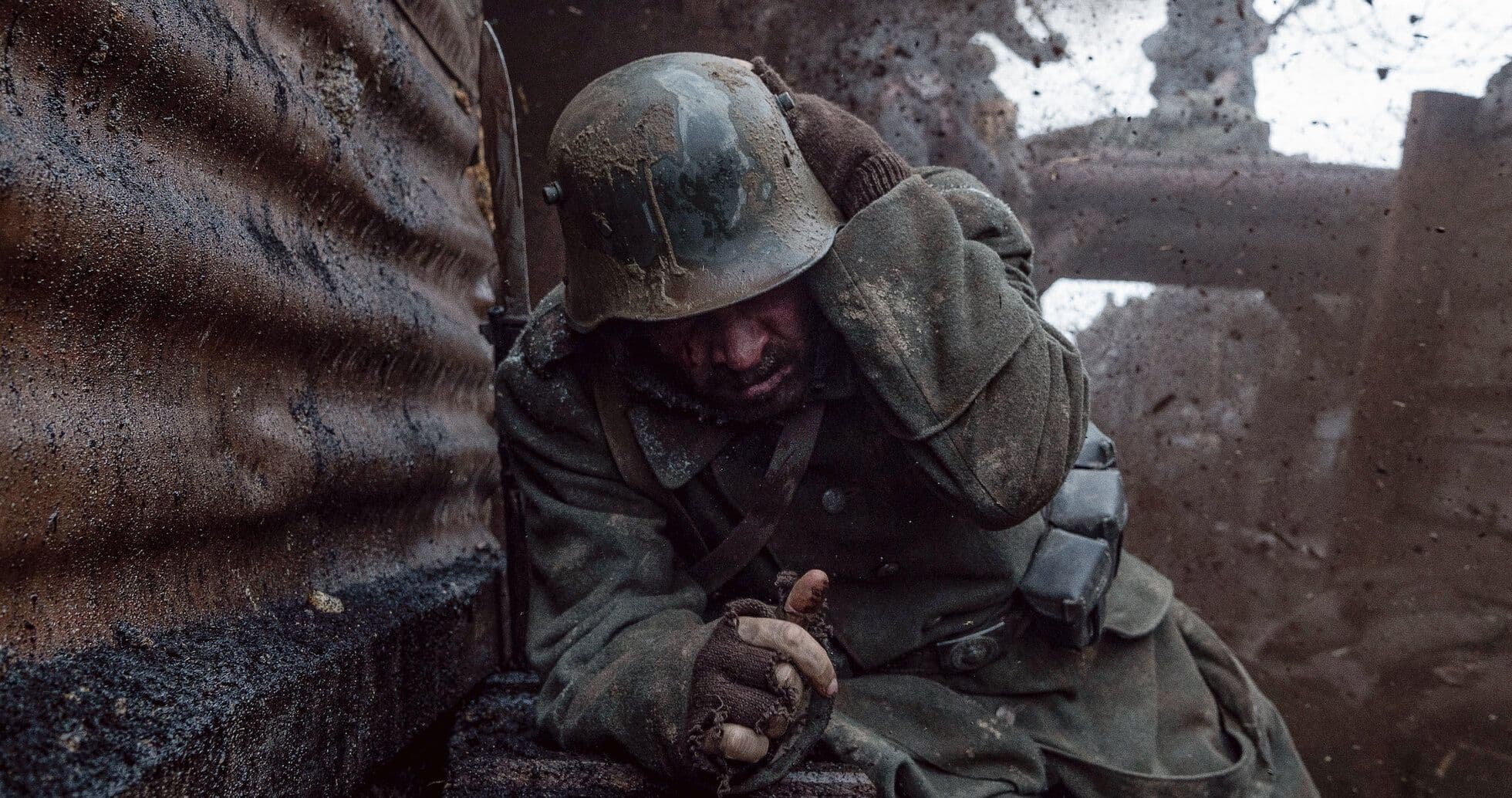
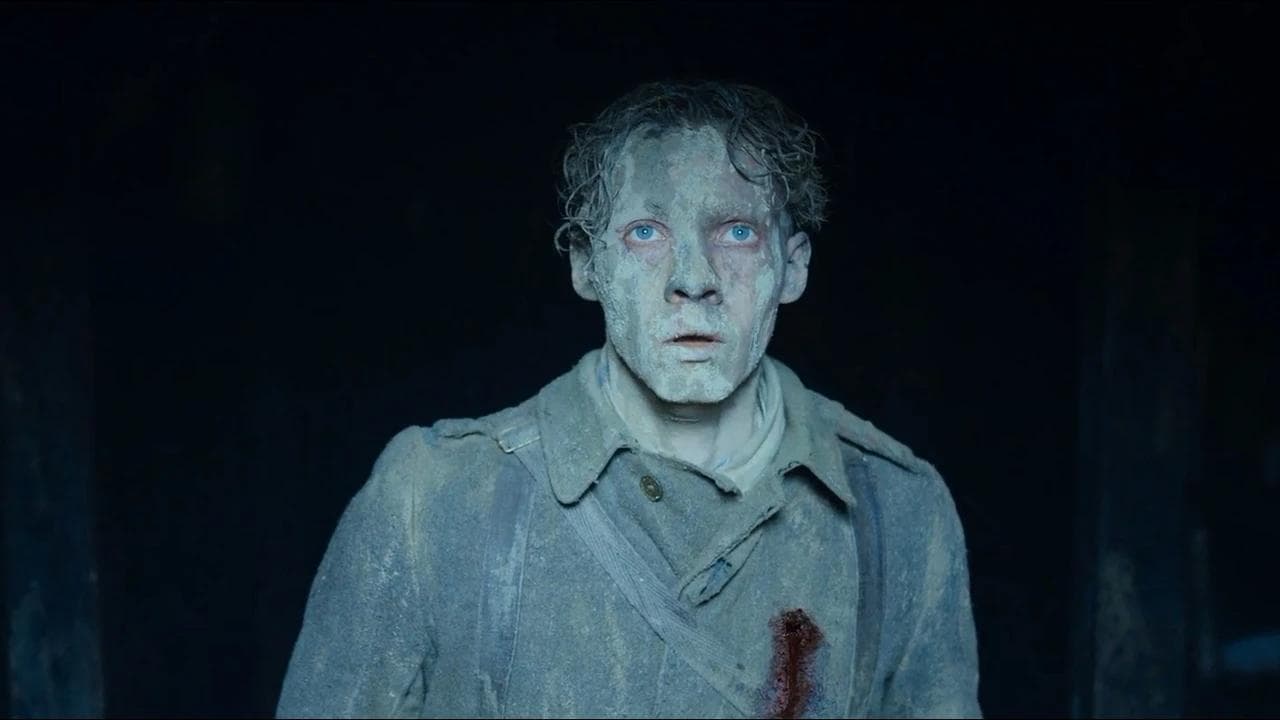






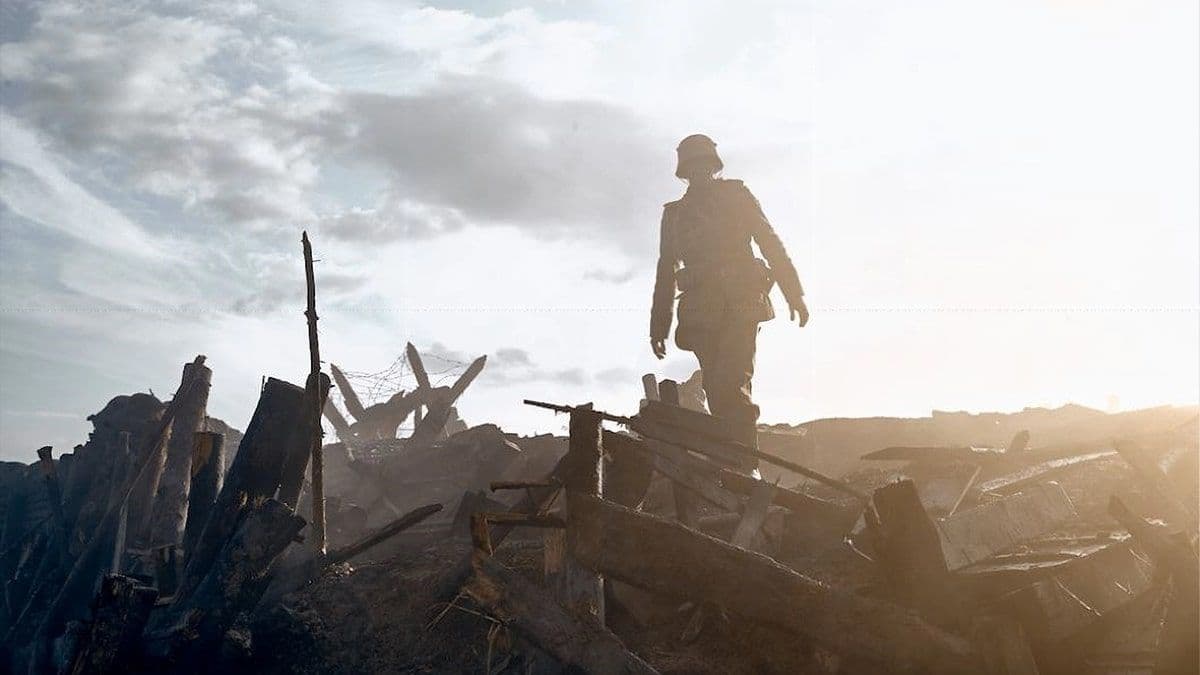
Featured Videos
Trailer
Comments
Loading comments...